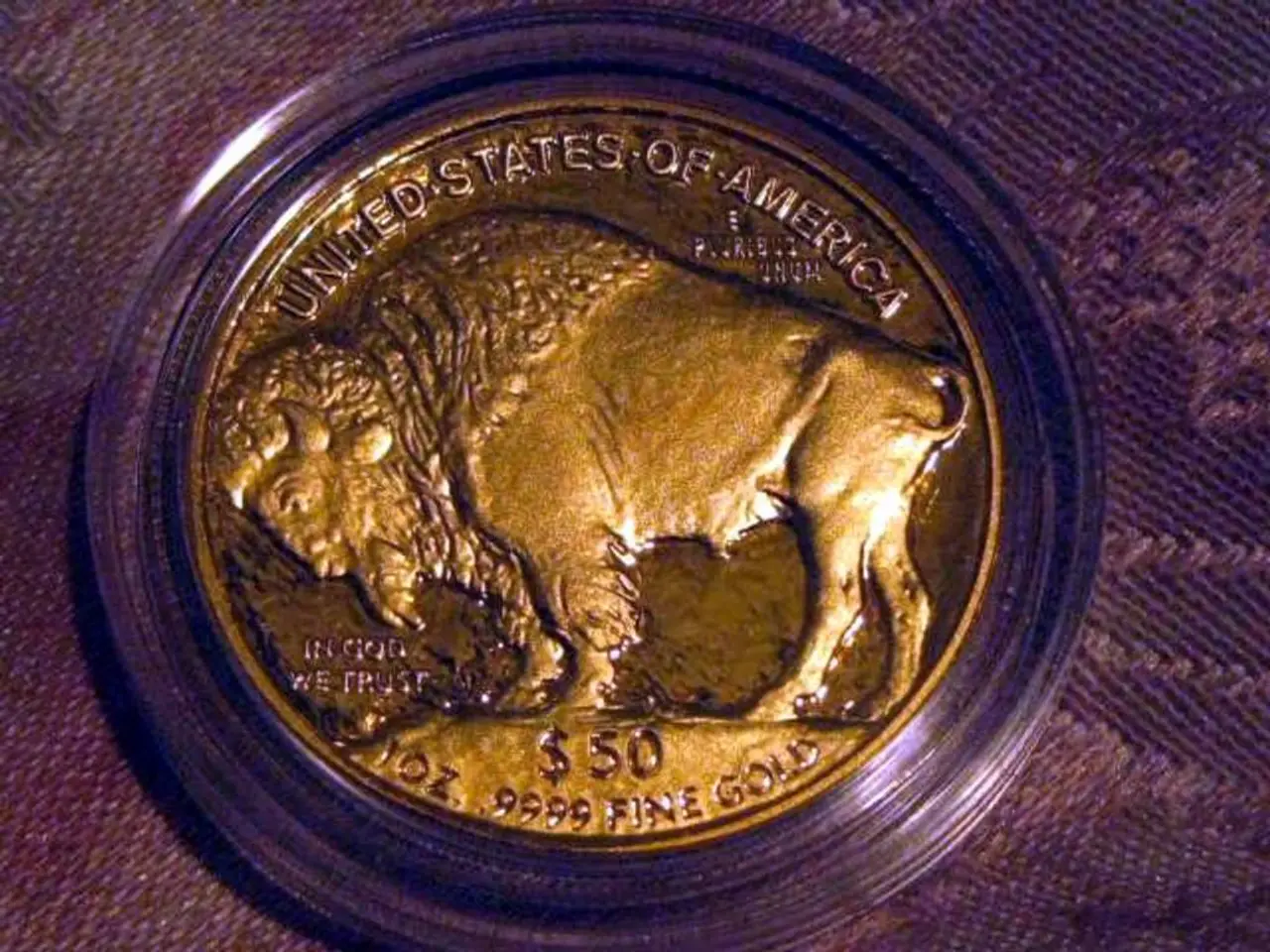Trump's Federal Reserve Pressure and Potential Consequences in Turkey Timeframe
In recent discussions, the potential consequences of a U.S. President firing the Federal Reserve (Fed) Chair have been a topic of concern. This article examines the legal, political, and financial risks involved, drawing from recent discussions and historical contexts.
The Federal Reserve is an institution that must maintain its independence to manage monetary policy effectively. Federal law stipulates that Fed Board members, including the Chair, can only be removed "for cause." Removing a Fed Chair abruptly could destabilize financial markets, as it may undermine investor confidence in the Fed's ability to act independently, causing volatility or adverse market reactions.
Legal uncertainty and restrictions surround such a move. The actual legal mechanism to remove a Fed Chair outside of cause has not been proven in court, creating uncertainty about the legitimacy and process of such an action. This could potentially lead to legal battles, further complicating the situation.
Politically, a president firing a Fed Chair may lead to political backlash and accusations of undermining institutional norms. This is especially notable considering past presidents have faced criticism when attempting to exert undue influence over the Fed. For instance, President Trump publicly criticized Fed Chair Jerome Powell for maintaining higher interest rates but did not ultimately remove him, despite considering it.
Historical precedents offer a cautionary tale. International examples such as Turkish President Recep Tayyip Erdoğan firing central bank officials have resulted in financial turbulence and loss of market confidence. Such actions are viewed as politically motivated interference with monetary policy, often triggering negative economic consequences.
While the U.S. has not seen a president fire a Fed Chair, it is worth noting that President Donald Trump is pushing for the firing of Fed Chair Jerome Powell. The potential replacement, Kevin Warsh, believes the independent operations in the conduct of monetary policy are essential, but the Fed may lack authority in other areas.
The Supreme Court has ruled that the president has the right to fire officials at all independent agencies except the Fed. However, the legal implications of such a move remain unclear, given the "for cause" stipulation.
Turkey provides a stark example of the potential consequences of politically motivated interference with monetary policy. In 2018, Turkey suffered a plunge in the currency and a financial crisis due to President Erdogan's policies of stuffing the central bank with lackeys and insisting on low interest rates. As a result, the US dollar now buys about 40 lira in 2023, compared to just 3 lira in 2016.
In the past, presidents have attempted to influence the Fed Chair, such as President Richard Nixon who favored using wage and price controls to control inflation. However, these attempts have not always been successful.
Economic experts, including Matthew Klein and JPMorgan CEO Jamie Dimon, warn that playing around with the Fed can have adverse consequences. Currently, tariffs have started to affect consumer prices, and after the pandemic, Turkey experienced triple-digit inflation thanks to central bank money-printing. As of June 2023, Turkey still has inflation far higher than before (about 40% a year), faster than the 2% target.
Despite these challenges, the job market has held up. However, the long-term effects of such monetary policies remain to be seen. It is crucial to maintain the Fed's independence to ensure financial stability and avoid the potential consequences seen in Turkey and other countries.
References: [1] Klein, M. (2023). The Case Against Cutting Interest Rates. The New York Times. [2] Dimon, J. (2023). The Risks of Interfering with the Fed. The Wall Street Journal.
The Federal Reserve Chair's removal, even if legally possible, could challenge the institution's independence in business affairs, as the Fed's ability to act independently is crucial for effective monetary policy management. Historically, politically motivated interference with central banks, like what occurred in Turkey, has led to financial instability and loss of market confidence.






